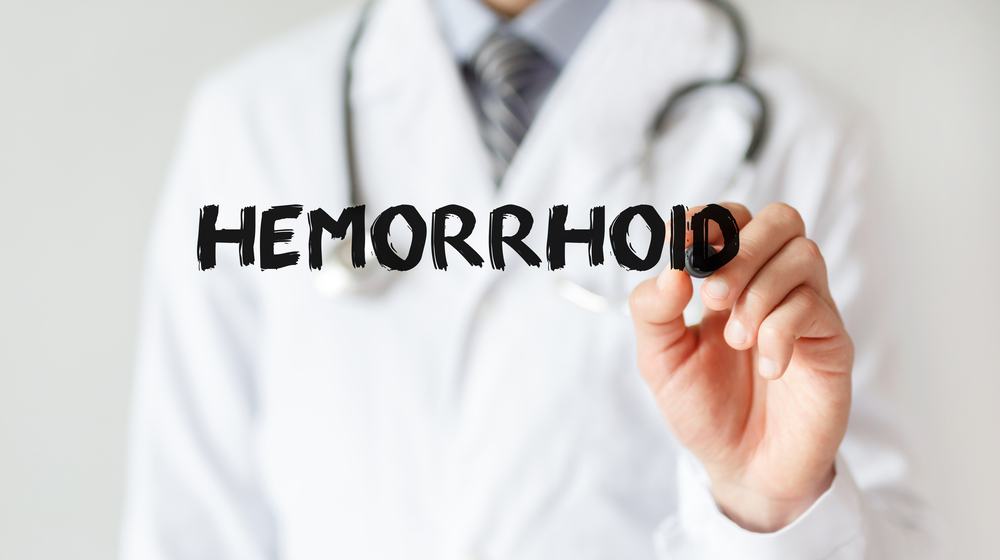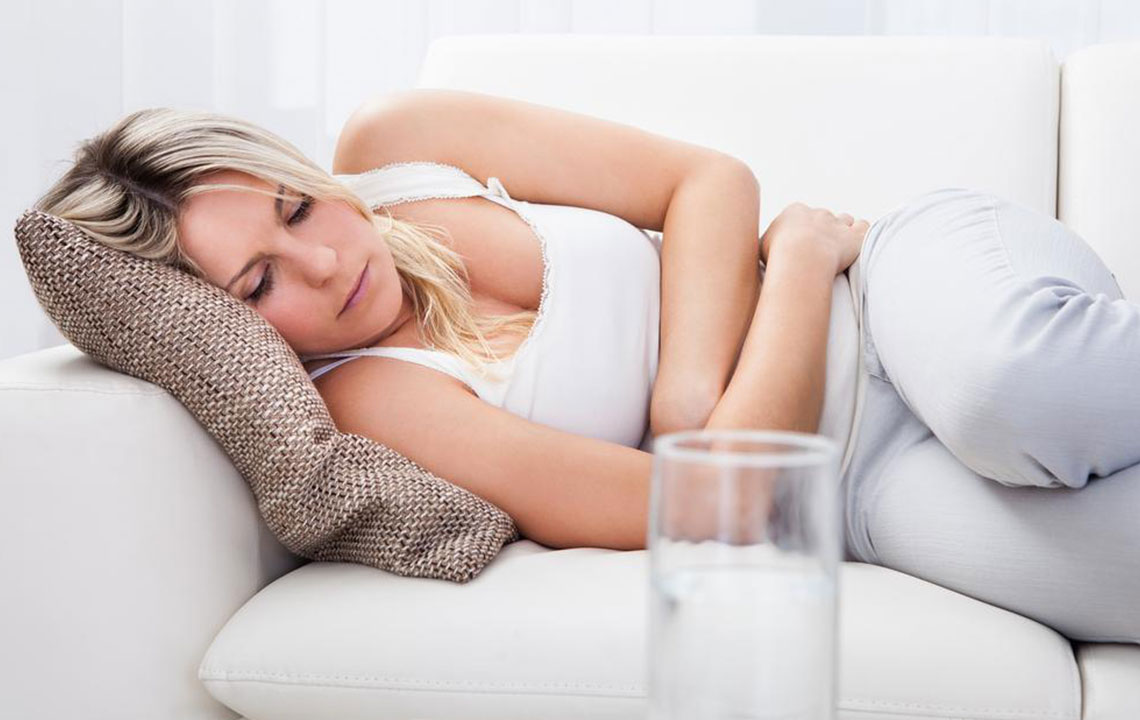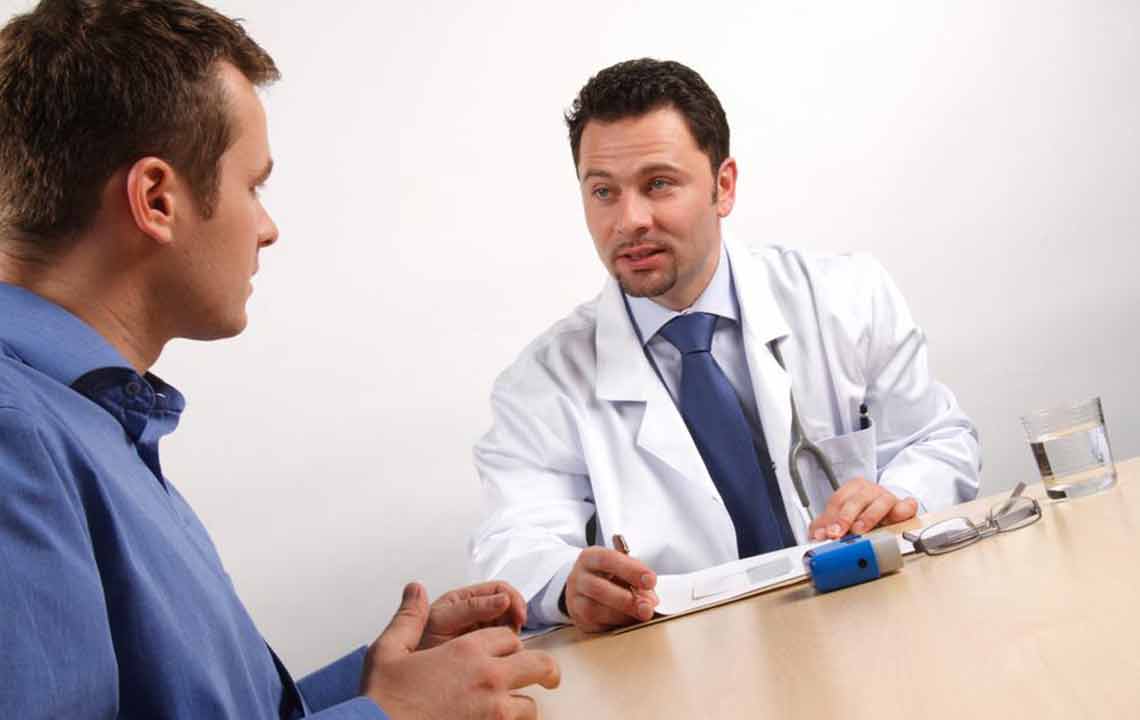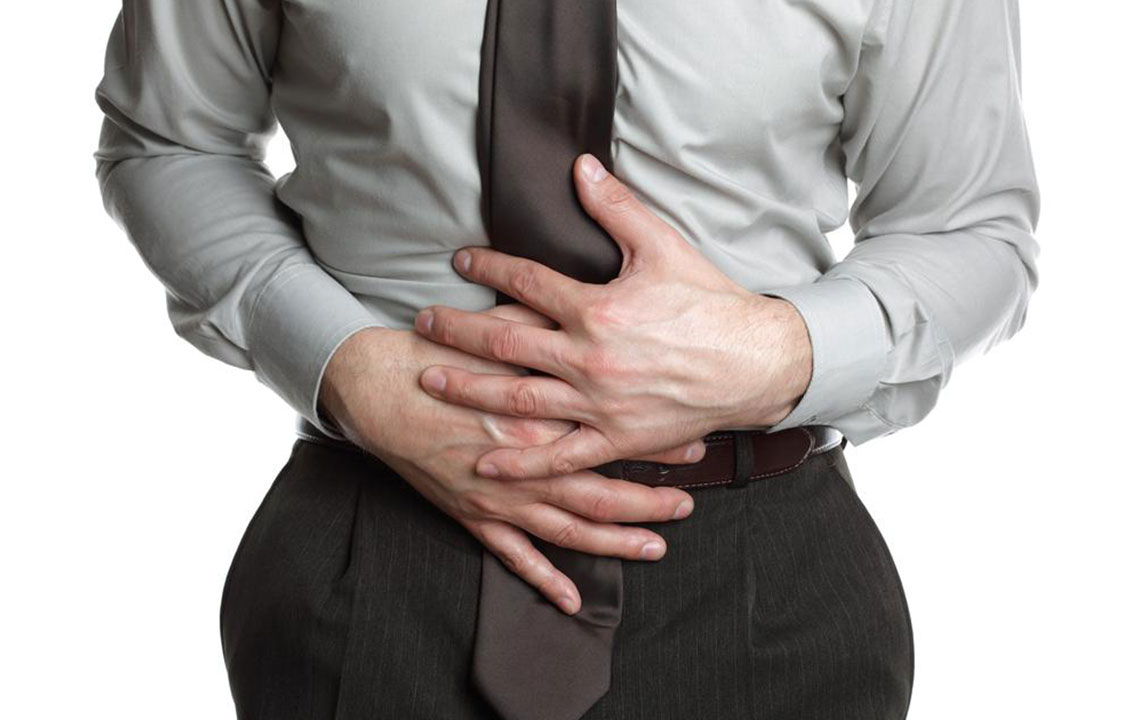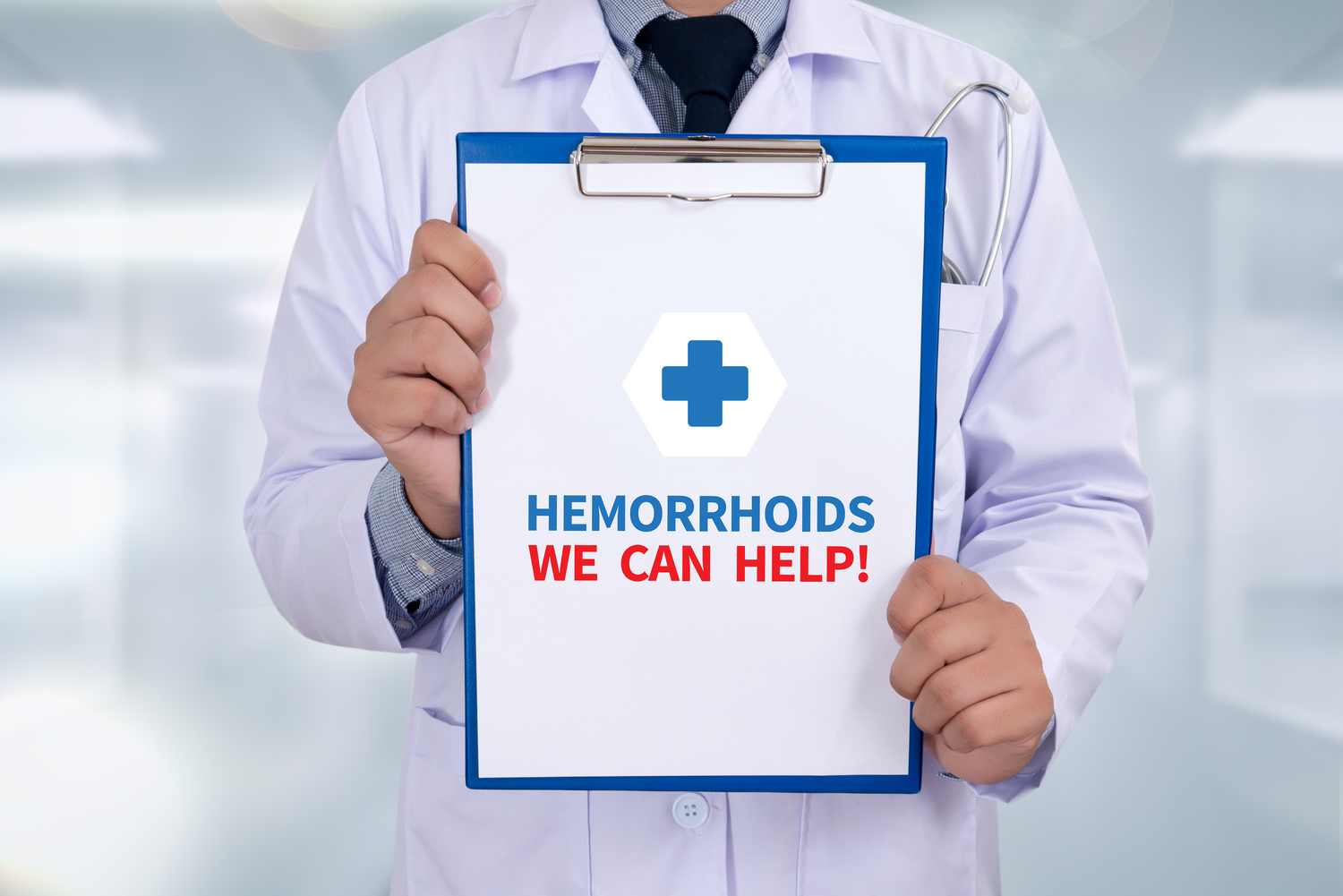Understanding External Hemorrhoids: Causes, Symptoms, and Treatment Options
External hemorrhoids cause discomfort, itching, and bleeding, often due to straining, poor diet, or prolonged sitting. Treatments include home remedies, lifestyle changes, and surgical options when necessary. Proper diagnosis and early intervention are crucial, especially for pregnant women. Preventative measures such as high-fiber diets and regular exercise help reduce risks. Consulting a healthcare provider ensures effective management tailored to individual needs, leading to faster relief and healthier bowel habits.
Sponsored

Comprehensive Guide to External Hemorrhoids
External hemorrhoids develop around the anal opening, often leading to discomfort, itching, and pain. They typically arise from straining during bowel movements, prolonged sitting on the toilet, or difficulty passing stool. Symptoms may include bleeding, swelling, or cracking of the skin. Fortunately, many cases respond well to home treatments. Severe cases causing persistent pain might require surgical removal. Prompt diagnosis and treatment are essential to prevent complications and ensure relief.
Common Causes and Risk Factors
Prolonged sitting on the toilet, low-fiber diet, pregnancy, and lifting heavy objects increase risk.
Obesity and standing for long periods can also contribute to external hemorrhoids.
Fluid buildup, or ascites, exerts pressure on the pelvis, leading to hemorrhoid formation.
Symptoms and Diagnosis
Early signs include blood in stool, blood clots, or swelling around the anus. A doctor should be consulted immediately.
Diagnosis involves physical examination, visual inspection, or digital rectal exam after lubrication.
It's important to rule out other conditions like anal fissures or colorectal cancer.
When Surgery is Required
Surgical removal is beneficial for thrombosed hemorrhoids causing intense pain and can provide quick relief.
Procedures are performed under local anesthesia, ideally within 72 hours of symptom onset.
If more than 72 hours have passed, symptoms may subside naturally, and surgery may no longer be necessary.
Hemorrhoid Treatment During Pregnancy
Pregnant women can try warm baths and cold packs at home for relief.
Consult healthcare providers before using topical medications or ointments.
Discuss safe alternative remedies with your doctor to protect both mother and baby.
Prevention Tips
Maintain a high-fiber diet and stay well-hydrated to prevent constipation.
Engage in regular physical activity to promote healthy bowel movements.
Avoid delaying bowel urges and limit time spent on the toilet.
Consult with a healthcare professional for personalized advice on managing and preventing external hemorrhoids, ensuring quick relief and long-term health.

